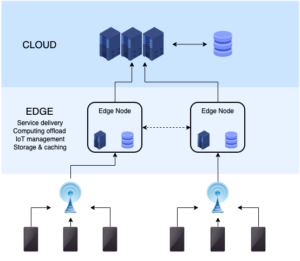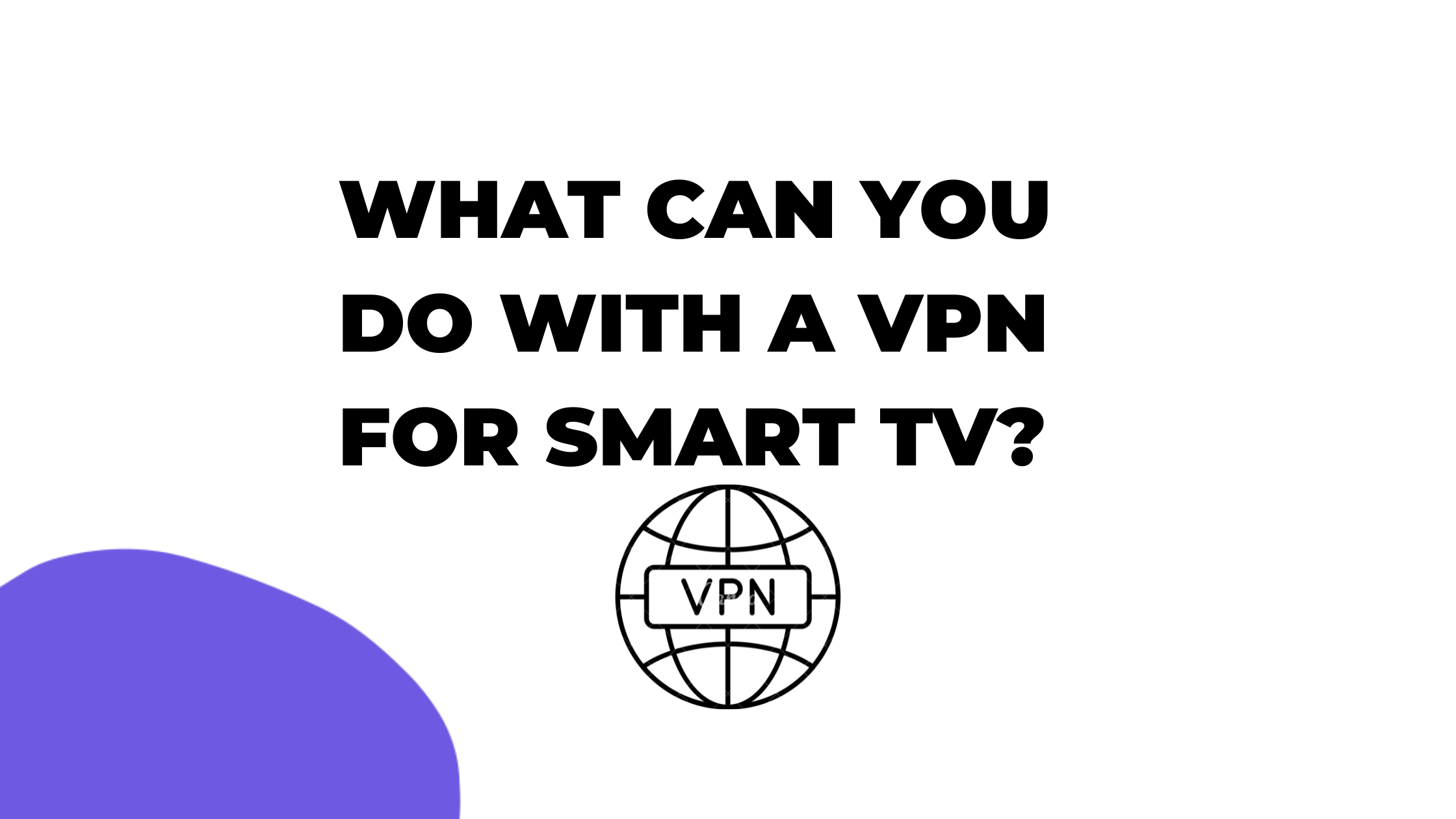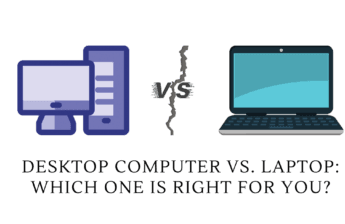In our world today, we’re surrounded by lots and lots of data. Edge computing is like having a tiny, smart helper right where data is collected—like in your phone or car. Instead of sending all the data far away to the cloud or a data centre to understand what it means, edge computing makes sense of this data right where it’s collected.
This is super important because it makes things work faster and more efficiently, especially when we need quick decisions from our gadgets and technology. Imagine playing a video game that instantly reacts to your moves—that’s edge computing!
Understanding Edge Computing
Edge computing sounds complicated, but it’s pretty simple when you break it down. Think of it this way: You know how sometimes, when you’re using your phone, it feels super slow because it’s trying to get information from somewhere else, maybe even miles away? Well, edge computing fixes that by thinking and processing closer to where you are or where devices collect data – like in your phone or cameras around your city.
How does it work? Instead of sending all your game moves or video requests across long distances to a big computer somewhere far off, edge computing uses smaller computers closer to you. These mini-computers can quickly determine what you need, like loading your game level faster or ensuring your online video doesn’t lag. This way, everything feels snappier and more responsive. It’s like having a super-smart helper right next to you, ready to improve your tech experience without waiting.

Benefits of Edge Computing
One of the coolest benefits of edge computing is that it makes things super speedy and efficient. When you play a video game or stream a movie, you don’t want to sit around waiting for things to load. Edge computing does a fantastic job by ensuring everything runs smoothly without annoying delays because it handles data right where it’s happening—whether in your living room, at a coffee shop, or in your car. This means you enjoy your tech with less waiting and more doing.
Another awesome point about edge computing is how it helps keep your information safe and private. Since data is processed closer to where it’s generated, there’s less chance for it to be intercepted over long trips across the internet. It’s like having a secret conversation in a quiet room instead of shouting across a crowded place. You wouldn’t want everyone to know what movie you’re streaming, right?
Lastly, edge computing can help save money, which is great news for businesses and regular users. By handling data locally instead of sending it back and forth to distant data centres, companies can reduce the amount of data they need to move around. This means lower data transportation costs and, for businesses, spending less on pricey central servers. It’s like being smart with your allowance, ensuring you get the most fun or use out of every dollar.
Applications of Edge Computing
Edge computing isn’t just good for playing games or watching videos without waiting. It’s also key in many different areas. Think about smart cities, for example. With edge computing, traffic lights can react in real time to changes in traffic, making our roads safer and less congested. Factories use it, too, to make sure their machines are working the best they can, catching any issues right away to avoid big problems later.
But here’s a cool and unexpected way edge computing is used – in online casinos. That’s right; places like the Legal Online Casino in PA use edge computing to make sure that when someone’s playing a game, it runs smoothly without glitches. This tech lets players place bets and play games instantly, without any lag. It’s all about ensuring the fun doesn’t stop, ensuring a fair and enjoyable experience for everyone trying their luck.
Conclusion
In conclusion, edge computing represents a revolutionary shift in how we process and interact with data in a data-driven world. Bringing computational power closer to the source of data not only enhances efficiency and speed but also ensures greater security and cost savings.
From enabling real-time responses in gaming and video streaming to driving intelligent operations in smart cities and factories, edge computing is paving the way for a more responsive and reliable digital ecosystem.
As technology continues to evolve, the role of edge computing is set to become even more integral, empowering innovations that were once considered futuristic. By understanding and leveraging this powerful computing approach, we can unlock new possibilities for a smarter, more connected world.







